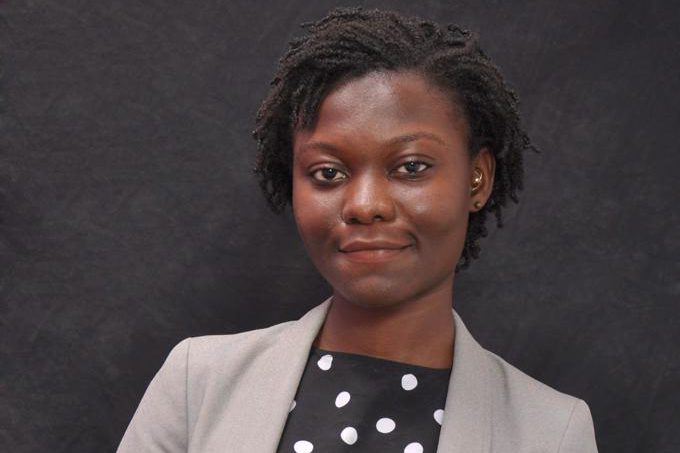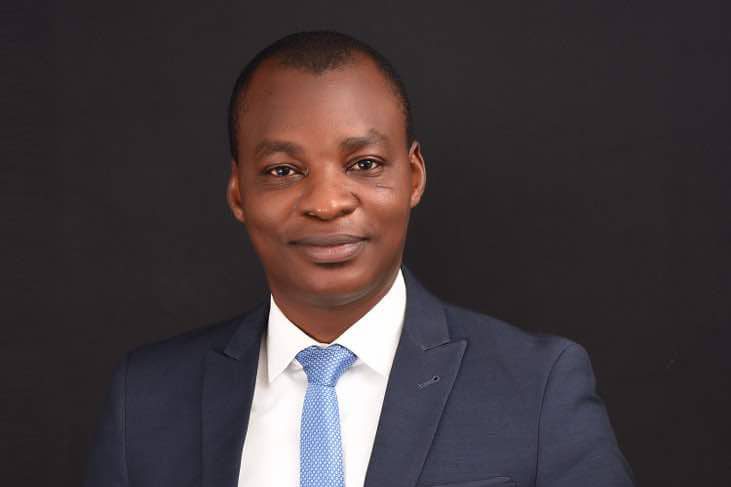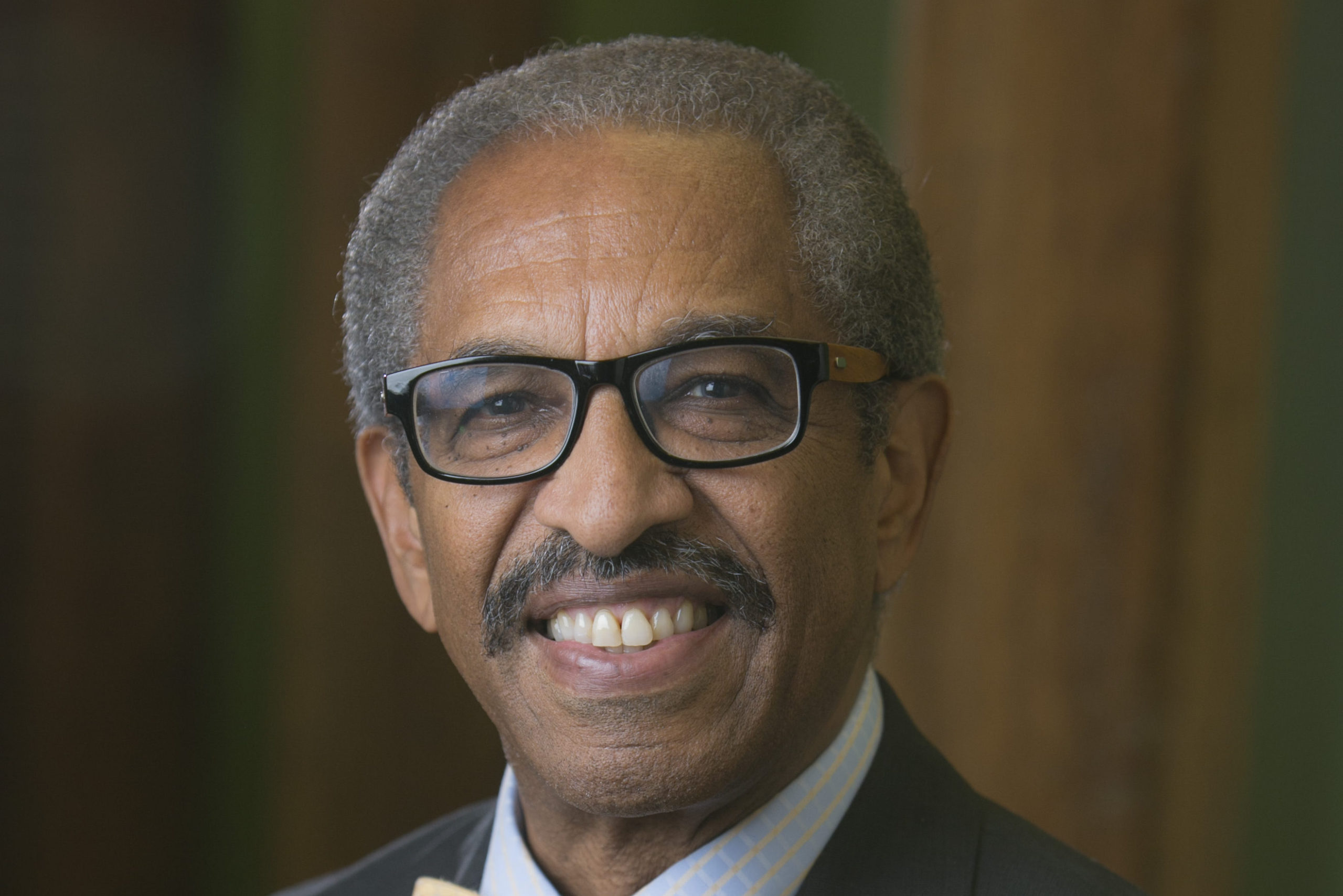
Afro-Sino Centre of International Relations (ASCIR) Launched
A much needed African-based research centre focused on extensive research on Africa-China relations, the Afro-Sino Centre of International Relations (ASCIR), was virtually launched on Tuesday, 13th April 2021. The research centre, which was founded two years ago, officially announced its arrival on the China-Africa scene with experts, scholars, international relations professionals, and participants from around the world.
In her welcome address, the Director and Co-Founder of the centre, Ms Pamela Carslake revealed that ASCIR was birthed to assess China-Africa relations from an African vantage point, moving away from the current trend of being scrutinised predominantly through the lens of the West. She also indicated that the Beijing Action Plan for Africa encapsulated in the Forum for China Africa Cooperation (FOCAC) and the African Union’s fifty-year development plan captured in Agenda 2063 (The Africa we Want) would be critically assessed to guide policymakers.

The Centre also aims to bridge the gap in the dissemination of information on China-Africa, trickling down information to the ordinary citizen through its blog posts and social media engagements. This would create more openness and transparency in Afro-Sino relations, arming every citizen with the right information on the implications of this partnership, she added.
As part of the event, Senior Research Fellows, Research Fellows, Research Associates, and an Advisory Board were introduced to participants. Dr. Adam Abdul-Rahman, a career diplomat who serves as the Head of Chancery and Acting Ambassador to Burkina Faso was appointed Board Chair of the centre. In introducing the board chair, acting board chairperson, Professor Jamie Monson expressed her delight with the Pan African, African diasporic and intergenerational effort exhibited in the representation of the centre’s researchers and the composition of its board.

A panel discussion dubbed, “Africa-China Relations post COVID-19” was led by Dr. Benjamin Reese, Professor Aaron Tesfaye, Mrs Eva Penar, and Mr. Arhin Acheampong. Prof Tesfaye, while addressing the audience on the challenges and opportunities of Africa-China in the Covid-era, highlighted the immense opportunities and reliefs made available to Africa by both state and private enterprises in China with varied motives including geopolitical aims.
Mrs. Eva Penar, who oversees the coordination of research at the centre, gave a breakdown of how the centre intended to carry out its research and the thematic areas that would guide the process. Mrs. Penar stressed the centre’s resolve to critically assess the relations between Africa and China and bridge the deepening information gap. According to her, ASCIR’s work will be invaluable to policymakers on both sides.
Dr. Reese, on his part, moved from purely quantitative analysis to discuss the critical analysis of how biases and perceptions influence viewpoints about China and Africa and, hence, their cooperation and policies. He noted that even though policies are based largely on science and research, they are also based on the kind of messages that are promulgated and aimed at shaping opinions and perspectives. He therefore proposed that comprehensive analyses of China-Africa relations require both critical analysis in terms of policy and practice and, also intentions to subtle unconscious bias.

In concluding his submission during the panel discussion on Africa-China Relations Post Covid-19, the Deputy Director and Co-Founder of the centre, Mr. Acheampong, urged young scholars and professionals to think, research and write about Africa-China relations. He then advised the public to take advantage of the centre’s social media handles and Peer Review platform to engage with professionals and scholars in the field around the globe to build both their capacity and network.
Special guests who graced the occasion were Mr. Kwame Ababio – Senior Programme Officer, Technical Cooperation and Advisory Services; AUDA-NEPAD, Dr. Daniel Large – School of Public Policy at Central European University, and Dr. Yoon Jung Park – Executive Director and Co-Founder (CA/AC Network). Dr. Park in her closing remarks applauded the centre for its youthfulness and dynamism. She added that the centre was filling a very important gap that has existed between policymakers, scholars, and the public.